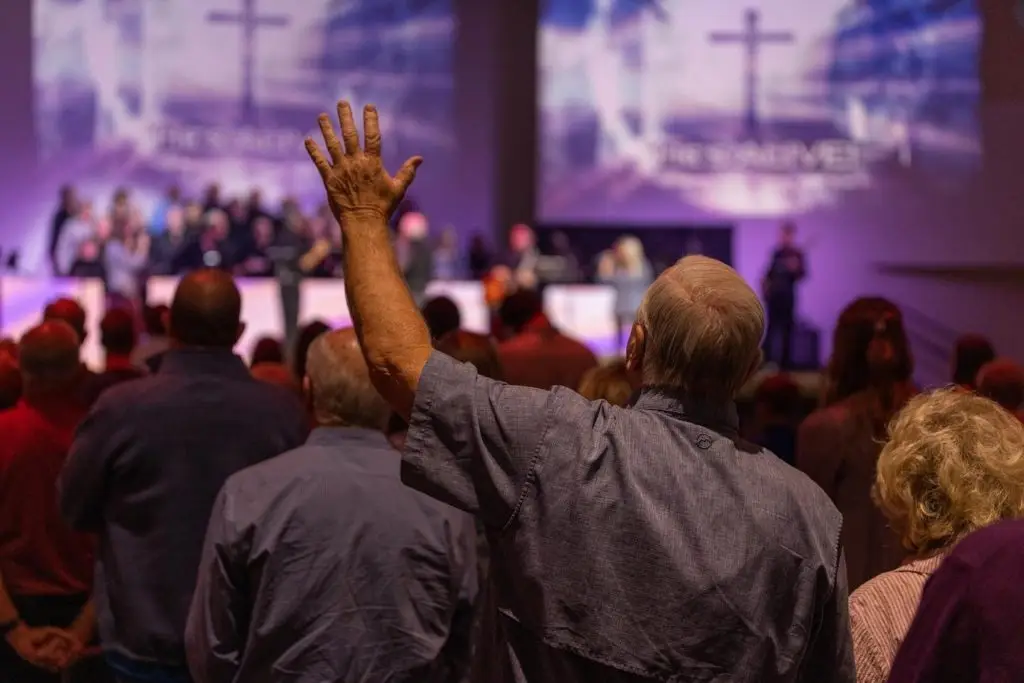NASHVILLE (BP) – New Hampshire’s new law protecting the freedom of churches during an emergency such as the COVID-19 pandemic should be a model for other states, according to the Southern Baptist Ethics & Religious Liberty Commission.
Gov. Chris Sununu signed into law on Aug. 10 a bill that in essence defines churches and other religious organizations as providers of “essential services.” The law, known as the New Hampshire Religious Liberty Act, says the state shall allow religious organizations, during a state of emergency, “to continue operating and to engage in religious services to the same or greater extent” permitted to “organizations or businesses that provide essential services that are necessary and vital” to the public health and welfare.
Executive orders by governors in New Hampshire and some other states after the pandemic hit the United States in 2020 did not classify houses of worship as providers of “essential services” while doing so for some businesses.
“This move reinforces that pastors and churches are partners with local officials in times of need,” said Brent Leatherwood, vice president of external affairs and chief of staff with the Ethics & Religious Liberty Commission (ERLC). “One fact emerging from this season of isolation is that churches are an irreplaceable source of connection for individuals.”
In written comments, Leatherwood said he is “thankful that New Hampshire recognizes that our communities need churches. Other states should follow their example.”
Alliance Defending Freedom (ADF) also commended New Hampshire’s action.
“While public officials have the authority and responsibility to protect public health and safety, the First Amendment prohibits the government from treating houses of worship and religious organizations worse than shopping centers, restaurants, or gyms,” ADF Legal Counsel Greg Chafuen said in a written statement. “This bill makes it clear that officials cannot use a public crisis to discriminate against religious operations without violating the Constitution.”
The government response to the pandemic resulted in numerous challenges to state and local restrictions that churches and other houses of worship considered unlawfully discriminatory, especially in states such as California, Nevada and New York. Some rules treated churches and other worship communities unequally in comparison to many businesses, the ERLC and other religious freedom organizations pointed out.
In a series of opinions during the pandemic, the Supreme Court ruled against state orders that demonstrated unequal treatment of religious practices.
The high court rejected in April of this year a California ban on indoor worship services that covered most of the state. In the majority opinion, the justices said their previous decisions in COVID-related cases have made it clear “government regulations are not neutral and generally applicable … whenever they treat any comparable secular activity more favorably than religious exercise.”
In May 2020, Southern Baptist leaders commended guidelines issued by the federal Centers for Disease Control and Prevention (CDC) for restoring in-person worship gatherings. The guidance reminded state and local officials to take the First Amendment right of religious liberty into account when they institute reopening policies. No church or other religious group should be called on to enact “mitigation strategies” stricter than those requested of “similarly situated entities or activities,” according to the CDC.
The New Hampshire law says the state can mandate that religious organizations abide by “neutral health, safety, or occupancy requirements” that apply to all entities that offer “essential services.” The state cannot enforce a requirement that “imposes a substantial burden on a religious service” unless it advances “a compelling governmental interest” by “the least restrictive means.”
This article was written by Tom Strode, Washington bureau chief for Baptist Press. It was published on baptistpress.com.

